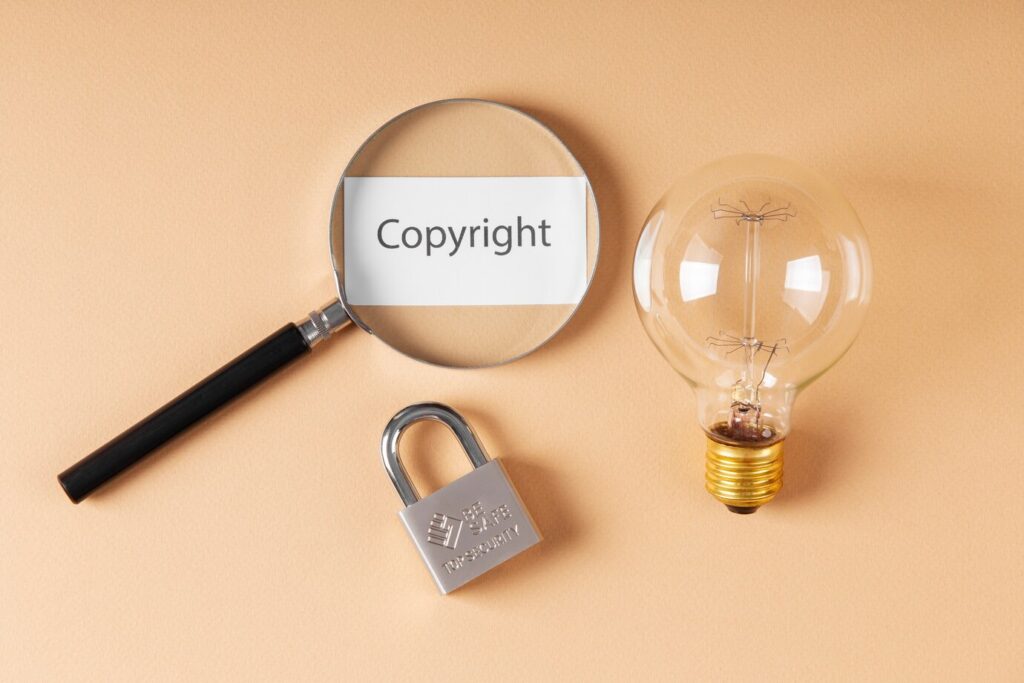Copyright is a crucial form of intellectual property that protects original works of authorship, such as literature, music, art, software, and more. In India, copyright registration is governed by the Copyright Act, 1957, which ensures that creators retain exclusive rights over their works. This blog will walk you through the process, benefits, and requirements for copyright registration in India.
Get in touch

What is Copyright Registration in India?
Copyright registration in India legally secures the ownership of a creator’s original work. It grants the author exclusive rights to reproduce, distribute, and license their creations. While copyright is automatically granted upon creation, registration provides stronger legal proof in case of disputes.
Copyright Registration Process
Step 1: Prepare Your Application
- Identify the Type of Work: Determine the category of your work, such as literary, artistic, musical, or software.
- Details Required:
- Title of the work
- Nature and purpose of the work
- Name, address, and nationality of the applicant and author
- Year and country of first publication (if applicable)
Step 2: Visit the Copyright Office Website
- Access the official Copyright Office portal at copyright.gov.in.
- Navigate to the Registration section.
Step 3: Complete Form XIV
- Download the Form: Form XIV is the official copyright registration form.
- Fill in the Details: Provide accurate details about the applicant, author, and the work.
- Attach Declaration: For literary and dramatic works, attach a declaration signed by the applicant.
Step 4: Pay the Application Fee
- Choose the appropriate fee category based on the type of work.
- Fees can be paid online using a debit card, credit card, or net banking.
Step 5: Submit Copies of the Work
- Soft or Hard Copy: Submit a copy of your work to the Copyright Office.
- Label the Work: Clearly mark the title, author, and date of creation.
- For Unpublished Works: Submit a sealed envelope marked “Unpublished Work” to maintain confidentiality.
Step 6: Application Review and Diary Number
- Diary Number: Once your application is filed, you’ll receive a unique diary number for tracking purposes.
- Examination Period: Applications are examined within 30 days of filing.
Step 7: Address Objections (If Any)
- If any objections are raised during the examination, you must respond within the stipulated time.
- If no objections are received or all objections are resolved, the application proceeds.
Step 8: Grant of Registration Certificate
- Upon successful examination, the Registrar issues a Copyright Registration Certificate.
- This certificate serves as legal proof of ownership.

Benefits of Copyright Registration in India
- Legal Protection: A registered copyright serves as evidence in court during disputes over ownership.
- Exclusive Rights: It gives the owner rights to reproduce, distribute, and adapt their work.
- Economic Benefits: Owners can monetize their work through licensing or sale.
- Public Record: Registration ensures your work is part of an official government database.
Documents Required for Copyright Registration in india
- Completed Form XIV
- Proof of ownership (e.g., agreements, assignments)
- Soft or hard copy of the work
- Author’s identity proof
- Authorization letter (if filed through an agent)
Conclusion
Copyright registration in India is a vital step for creators who want to safeguard their intellectual property. The process is straightforward and provides lasting benefits, from legal protection to economic opportunities. Whether you’re an artist, writer, musician, or software developer, registering your work is a wise investment in your creative future.
Ensure your original creations are protected—start your copyright registration journey today!
